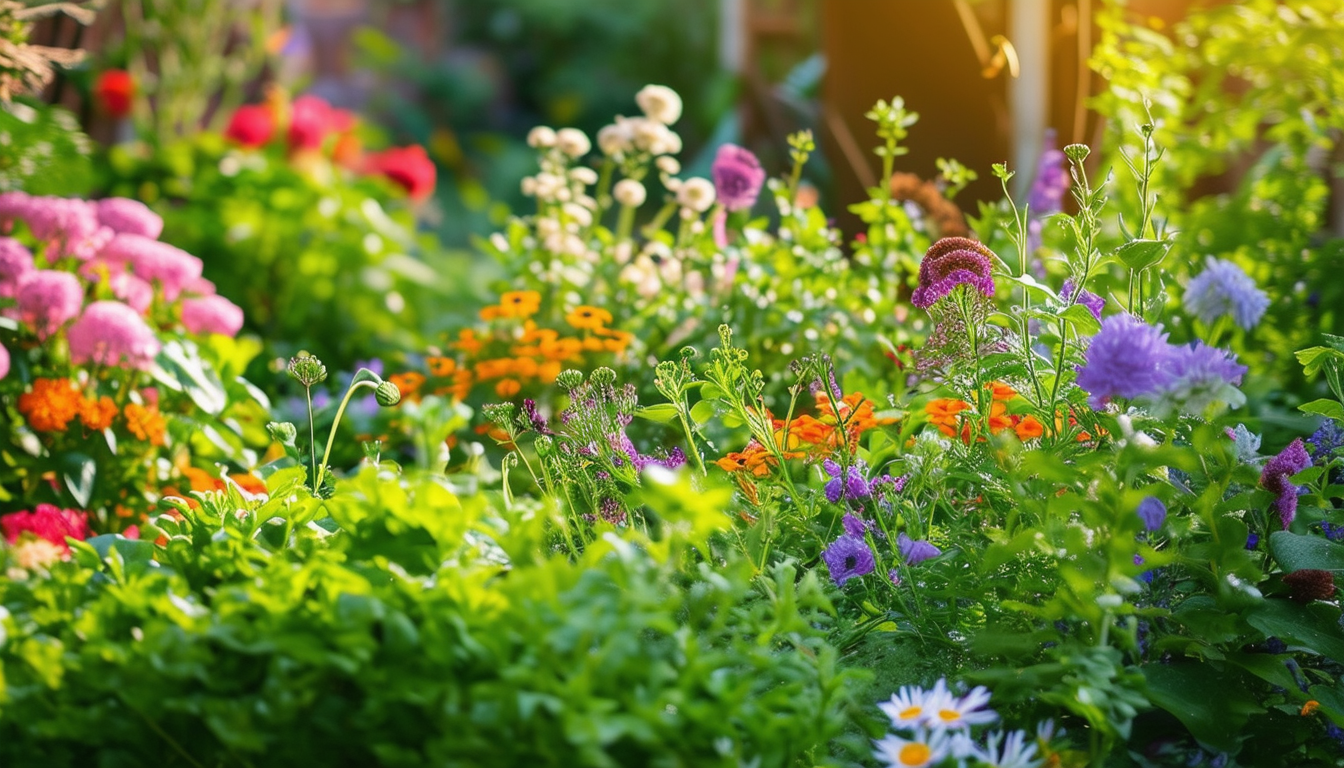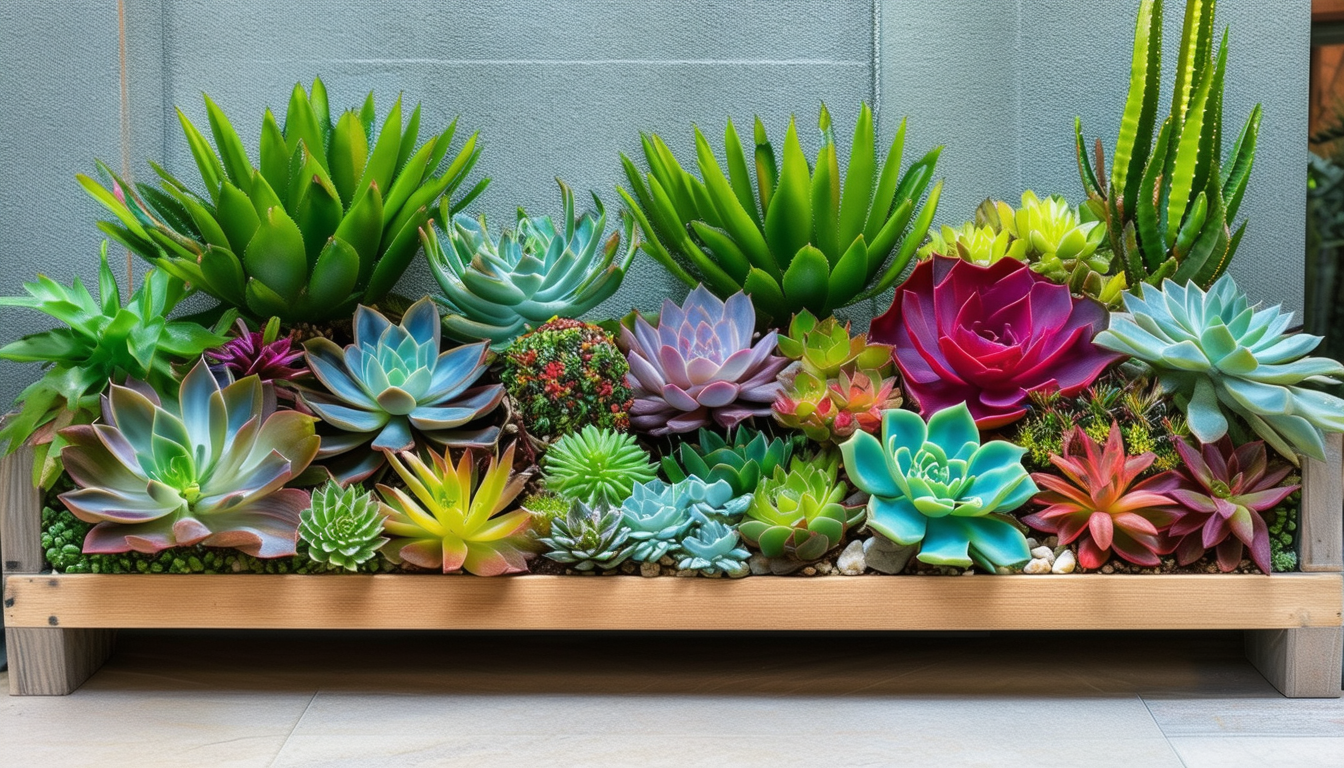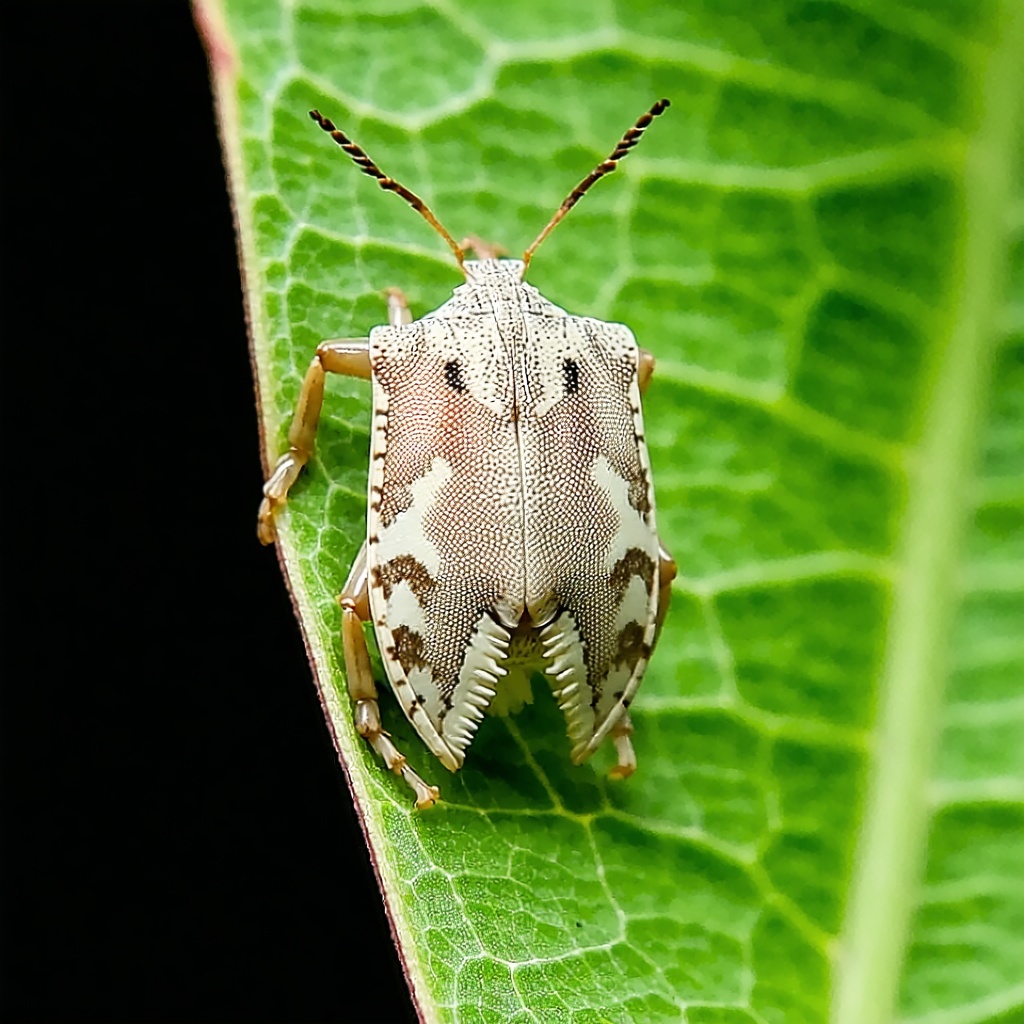
Discover eco-friendly strategies to keep slugs at bay while preserving the health of your garden and the environment.
Understanding the Impact of Slugs on Your Garden
Slugs can cause significant damage to your garden by feeding on a variety of plants, leaving behind holes and slime trails. They are particularly fond of young seedlings, tender leaves, and fruits. Recognizing the signs of slug damage early can help you take action before your garden suffers severe harm.
Slugs thrive in moist, shady environments, which makes gardens a perfect habitat for them. Understanding their lifecycle and habits can help you develop effective strategies for managing their populations sustainably.
Natural Predators: Nature’s Way to Control Slugs
Introducing natural predators is an excellent way to control slug populations without harming the environment. Animals such as birds, frogs, toads, and ground beetles are natural enemies of slugs and can help keep their numbers in check.
Encourage these predators to visit your garden by creating a habitat that supports them. For example, build a small pond to attract frogs and toads, or install bird feeders and nesting boxes to attract birds. By fostering a balanced ecosystem, you can reduce the need for chemical interventions.
Homemade Remedies: Effective and Eco-Friendly Solutions
There are several homemade remedies that can effectively reduce slug populations without harming the environment. One popular method is to create beer traps by burying shallow containers filled with beer in the garden. Slugs are attracted to the yeast and will drown in the liquid.
Another eco-friendly solution is to sprinkle diatomaceous earth around plants. This natural, abrasive powder causes dehydration in slugs, leading to their demise. Additionally, you can use crushed eggshells or coffee grounds as a barrier to deter slugs from reaching your plants.
Barrier Methods: Preventing Slug Infestations Naturally
Creating physical barriers is an effective way to prevent slugs from accessing your plants. Copper tape or mesh can be used around the base of pots or garden beds, as slugs dislike crossing copper surfaces due to a mild electric charge they experience.
Another barrier method involves using organic mulch, such as straw or wood chips, to create a dry environment that slugs find unappealing. Regularly check and replace the mulch to maintain its effectiveness.
Long-Term Strategies for a Slug-Free Garden
Implementing long-term strategies is essential for maintaining a slug-free garden. Practice crop rotation to disrupt the life cycle of slugs and reduce their breeding grounds. Choose slug-resistant plant varieties that are less likely to be targeted by these pests.
Maintaining a tidy garden by removing debris and dead plant material can reduce hiding places for slugs. Additionally, water your garden in the morning rather than the evening to ensure that the soil is dry by nightfall, making it less attractive to slugs.



